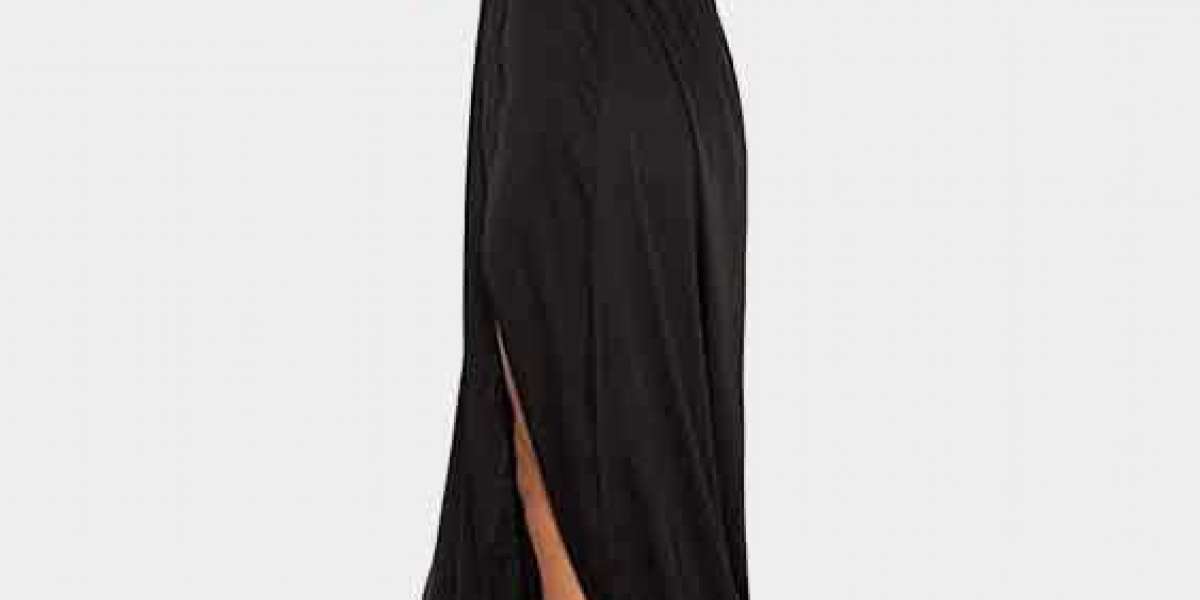Wear medical-grade masks if you can't socially distance, Britons told
Scientists have urged Britons to wear medical-grade masks when they cannot physically distance, amid growing concerns of faster-spreading Covid-19 variants – but said that any face covering is better than none at all.To get more news about disposable mask supplier, you can visit tnkme.com official website.
This week French health officials advised people to wear surgical masks rather than homemade fabric ones as these afford greater protection against highly contagious new variants.
Germany went a step further and followed Austria and Bavaria in making it compulsory for full protective filtering face piece (FFP) masks to be worn on public transport and in shops.
Unlike fabric and surgical masks, which are designed to protect other people from larger respiratory droplets produced when we speak, cough or sneeze, FFP masks also protect the wearer because they filter both the inflow and outflow of air. They also give a degree of protection against smaller droplets or aerosols, depending on the mask’s rating.Scientists have long cautioned that masks alone will not prevent Covid-19 transmission, and should be combined with physical distancing and hand-washing.
Even so, “the research suggests that cloth face coverings are a useful tool in the fight against Covid-19 and help to reduce the risk of transmitting the virus”, said Prof Miles Carroll, head of research at Public Health England’s National Infection Service.
Yet, faced with more transmissible variants, some experts believe people should consider wearing medical-grade masks – particularly if they are likely to be in close proximity to other people indoors for extended periods of time.People should be using the best mask available to them, and the government should make it as clear as possible as to what this means,” said Dr Allen Haddrell at the University of Bristol’s Aerosol Research Centre. “Given the concern with how infectious this new strain appears to be, the goal of the French government is to try to limit the amount of viral aerosol exposure across the board,” he said.
“Increasing the number of people correctly wearing high-quality masks will dramatically limit the degree to which Sars-CoV-2 can be spread through the aerosol phase. No mask is 100% efficient, but some are definitely much less effective than others.”
The World Health Organization (WHO) currently recommends that medical or surgical masks should be worn by healthcare workers, people with Covid-19 symptoms, those caring for someone with suspected Covid-19, and anyone aged 60 or over, and those with underlying medical conditions where distancing of at least 1 metre cannot be achieved.
The medical mask is “widely recognised as a better and more standardised viral filter than most cloth masks”, said Trisha Greenhalgh, professor of primary care health sciences at Oxford University.
Fabric masks are appropriate for most younger people, including those working as cashiers and in other service roles – but they should ideally have three layers, the WHO said.A recent investigation by the consumer magazine Which? found that fabric masks vary hugely in their ability to filter particles, with the best multi-layer masks capturing 99% of bacteria (the same as surgical masks) compared with 35% for single-layer fabric masks.
Although bacteria are larger than coronavirus particles, the results were still likely to be relevant to Covid-19, independent researchers said.
“I am convinced that [fabric face coverings] as well as the even flimsier versions commonly worn by the public are a serious weak point in efforts to control the spread of Covid,” said Alex Donaldson, former head of the Pirbright Institute and a visiting professor of virology at the Royal Veterinary College. “Wearers of masks may not be as well protected against inhaling virus as they might believe.
“That is not to say they don’t have value. There seems little doubt that the dispersion of Covid droplets is reduced when people wear a mask or even a face covering. An additional benefit is that the amount of hand-to-face contact will be significantly reduced when a mask is worn.”
However, although respirator masks provide an additional level of protection, increased consumer demand could make it harder for hospitals to access supplies.








